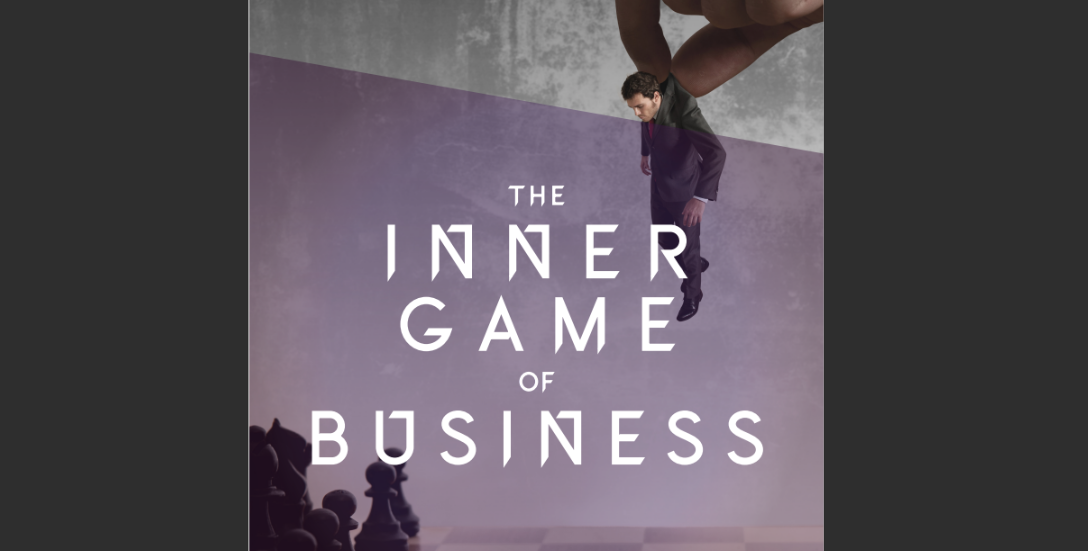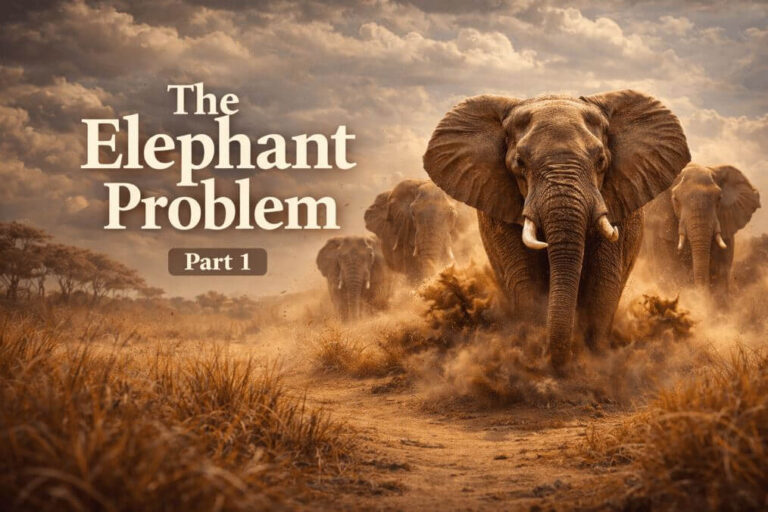Fundamentals always prevail.
While good luck and having the wind at our back are nice when we have them, in the long run maintaining focus and discipline is a much more predictable way of sustaining profitable growth in business.
Learning to run a business is no different than the learning curve we encounter in learning to master other skills in life like playing a musical instrument, taking up a sport, or even riding a bicycle. We start by learning the fundamentals of the activity—how to play chords, to catch and throw a ball, or to keep our balance. Learning these fundamentals frequently includes hitting sour notes, losing a game, skinned knees, or in the case of a business, losing money or valued employees. It’s only after a lot of practice and repetition of the fundamentals that we’re able to advance to a level where the mechanics of the activity become second nature to us. We then can more fully enjoy the activity we’re engaged in and realize the underlying reason for taking it up in the first place. Finally, with mastery of the fundamentals behind us we are able to fully express ourselves in the chosen activity.
As part of our onboarding process at VMA, I let new clients know right up front that there is no secret sauce to scaling their business profitably if that’s why they hired us. There are no easy answers for turning their company around if that was the reason. And there’s no sedative that will calm the nerves when they’re trying to ease out of the company they’ve spent their career building—whether through outright sale or transition to the next generation.
Rather than looking for complicated answers to these challenges, I suggest to our clients that they simplify things by employing some business fundamentals, starting with Focus, Discipline, and Perseverance.
Focus has to do with identifying two or three priorities that need to be addressed. No more. When we have more than a small handful they’re no longer priorities, they’re a punch list, and we too easily get distracted by all the items on the list or by things we want to add to it. Or we exhaust ourselves by trying to accomplish them all.
Discipline involves our ability to stay focused on the priorities we’ve identified long enough to gain some traction in accomplishing them. Many small business owners have very short attention spans, and we quickly grow weary of the discipline required to follow through on things.
Perseverance means that we can work through the self-doubts, mental fatigue, and financial strains that we will invariably encounter in addressing our business challenges. We need to realize that every journey worth traveling will have challenges that cannot be avoided. As the American poet Robert Frost wrote, “The best way out is always through.”
Business can become complicated enough on its own without us adding to it, especially as our business grows and picks up speed or as we add people. Returning to the fundamentals always brings clarity to confusing situations.
Focus, discipline, and perseverance are all learned skills, just like playing a musical instrument, learning a sport, or riding a bicycle. This is great news, because it means that none of us need to have been born with these skills, which are the hallmarks of successful businesses and strong leaders. They can be developed.



